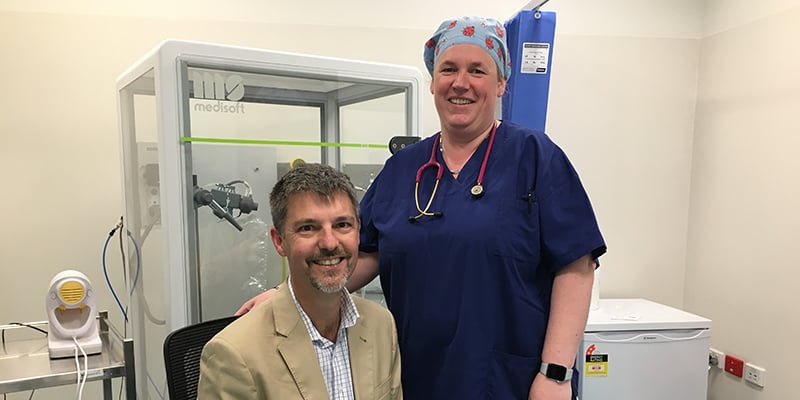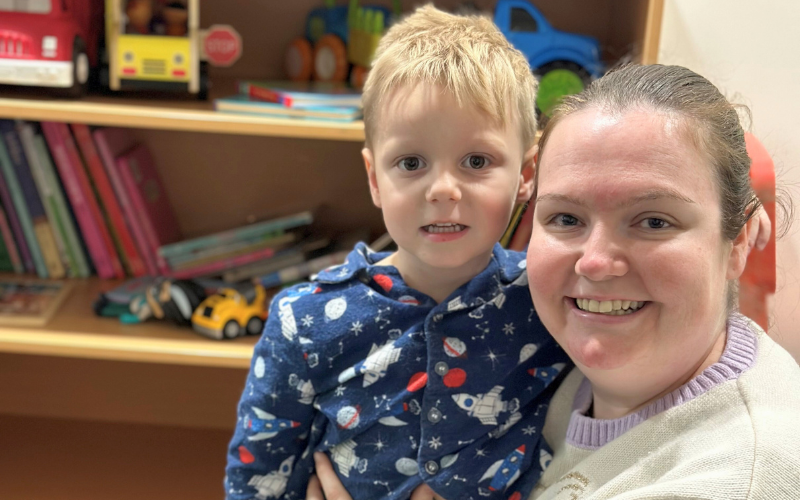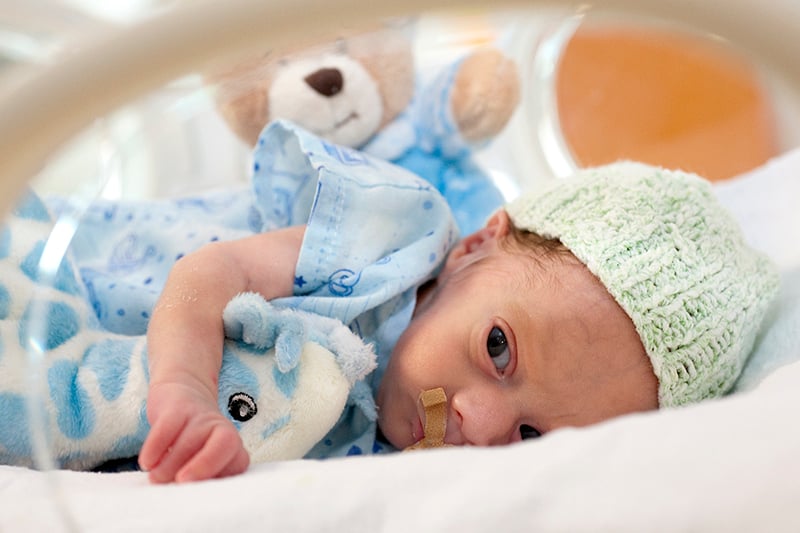Search
Showing results for "aboriginal respiratory"

A Perth study has shown that over-the-counter asthma medication before surgery can reduce respiratory complications during and after tonsillectomy surgery.

Mapping when Respiratory Syncytal Virus (RSV) reaches its seasonal peak will assist how future vaccination programs are carried out.
West Australian study will look at the breathing and airway problems of children and with cerebral palsy (CP) to prevent serious respiratory problems
Large numbers of children need emergency medical treatment each year for respiratory illnesses, particularly for wheezing and asthma.
Once thought to be a simple barrier to the external environment, epithelial cells are involved in many repair and inflammatory processes that occur in childhood airway diseases.

In September 2024, the Western Australian Epithelial Research Program (WAERP) reached a significant milestone by recruiting its 400th participant.

Early respiratory viral infections in infants with cystic fibrosis. Abstract Background: Viral infections contribute to morbidity in cystic fibrosis
This research project is a collaboration between The Kids Research Institute Australia, Muscular Dystrophy Western Australia, Perth Children’s Hospital and Curtin University.
A multi-country randomized, placebo-controlled trial of the safety, immunogenicity and efficacy of respiratory syncytial virus (RSV) F-protein nanoparticle vaccine was undertaken in 4,636 pregnant women and their infants. RSV F-protein vaccine was safe and immunogenic in the pregnant women inducing anti-F IgG, palivizumab-competing antibodies and RSV neutralizing antibodies that were transferred to the fetus.

